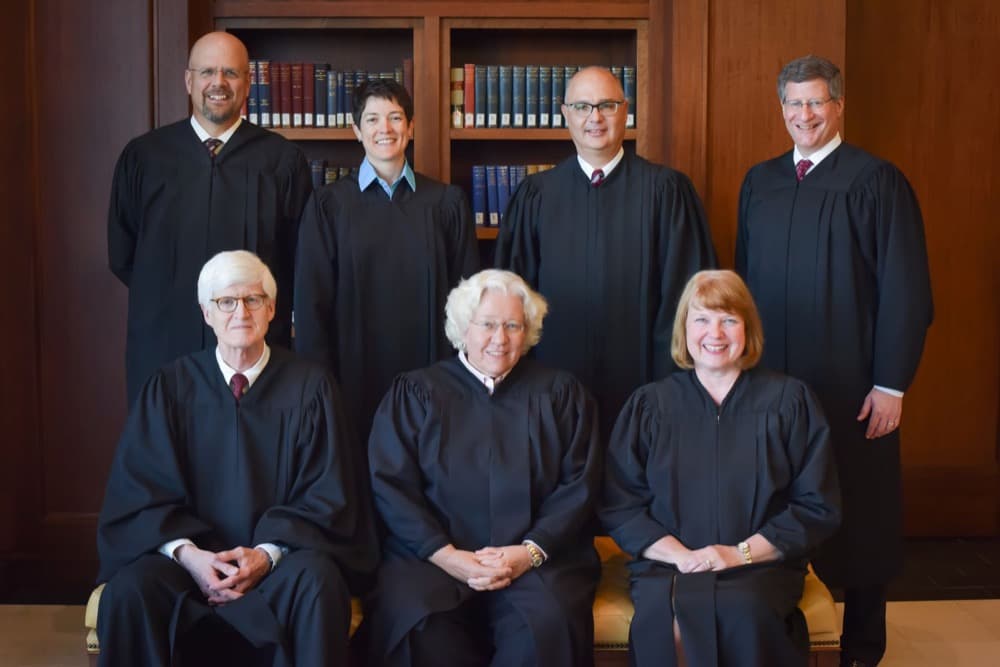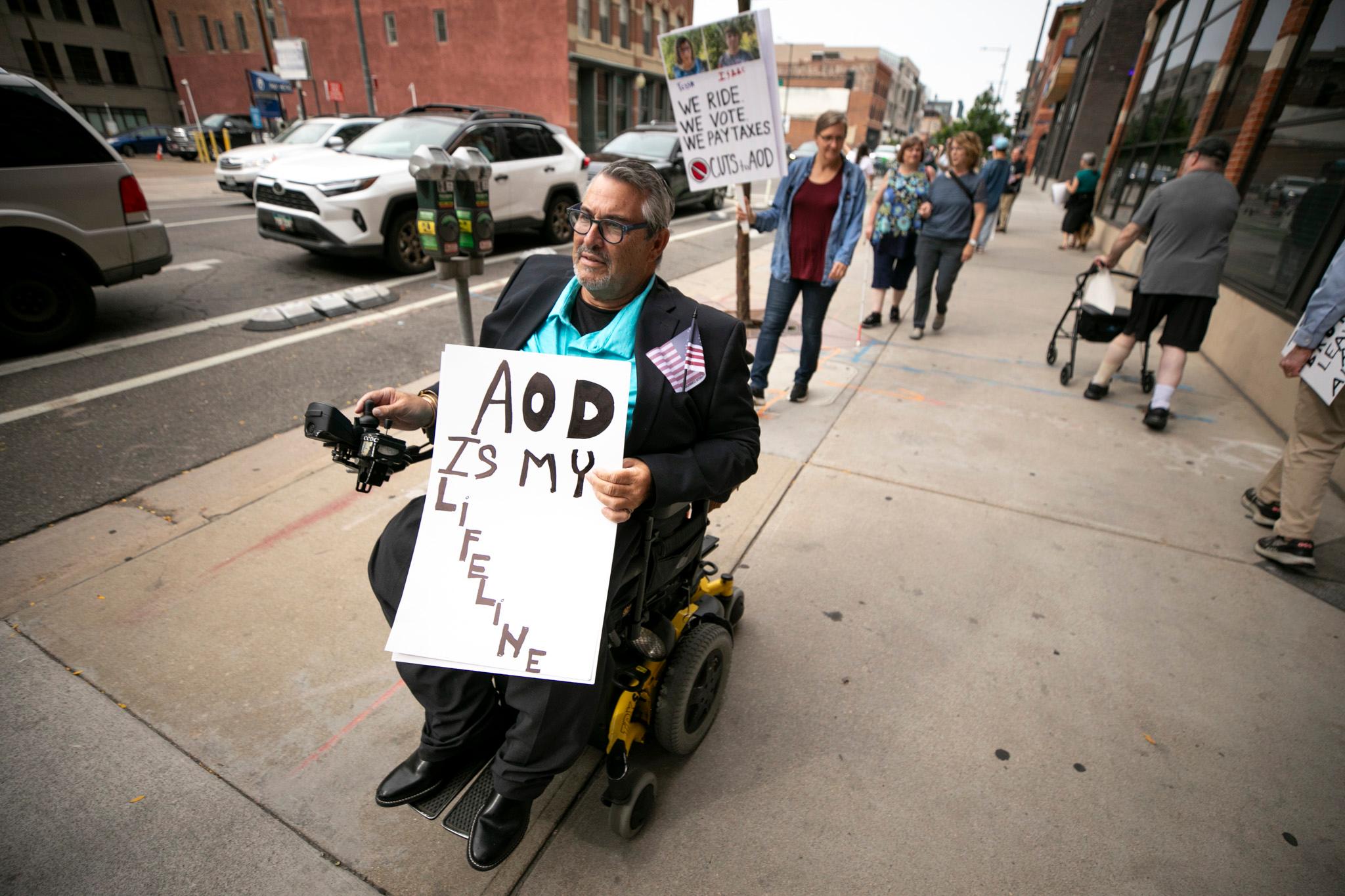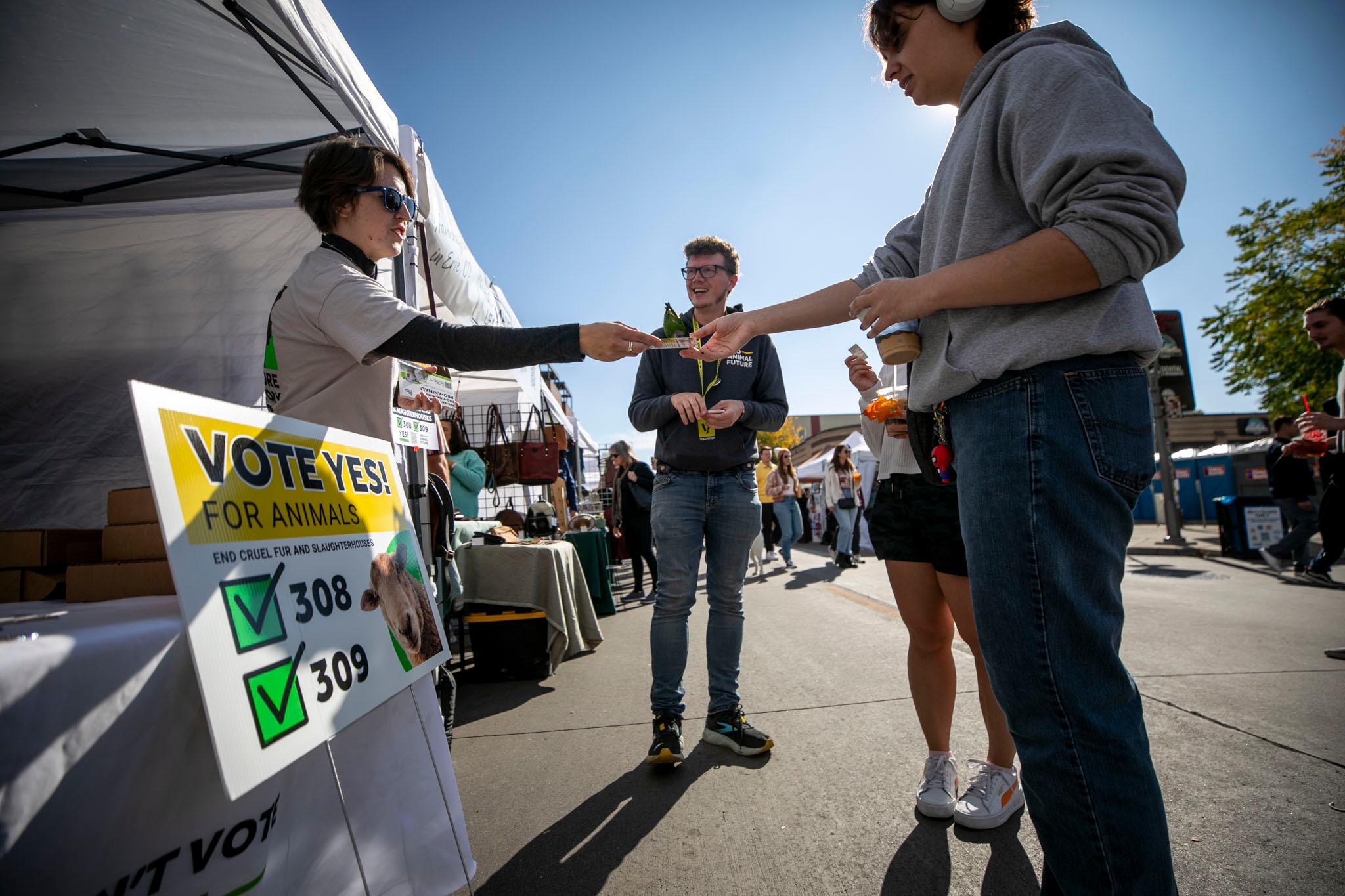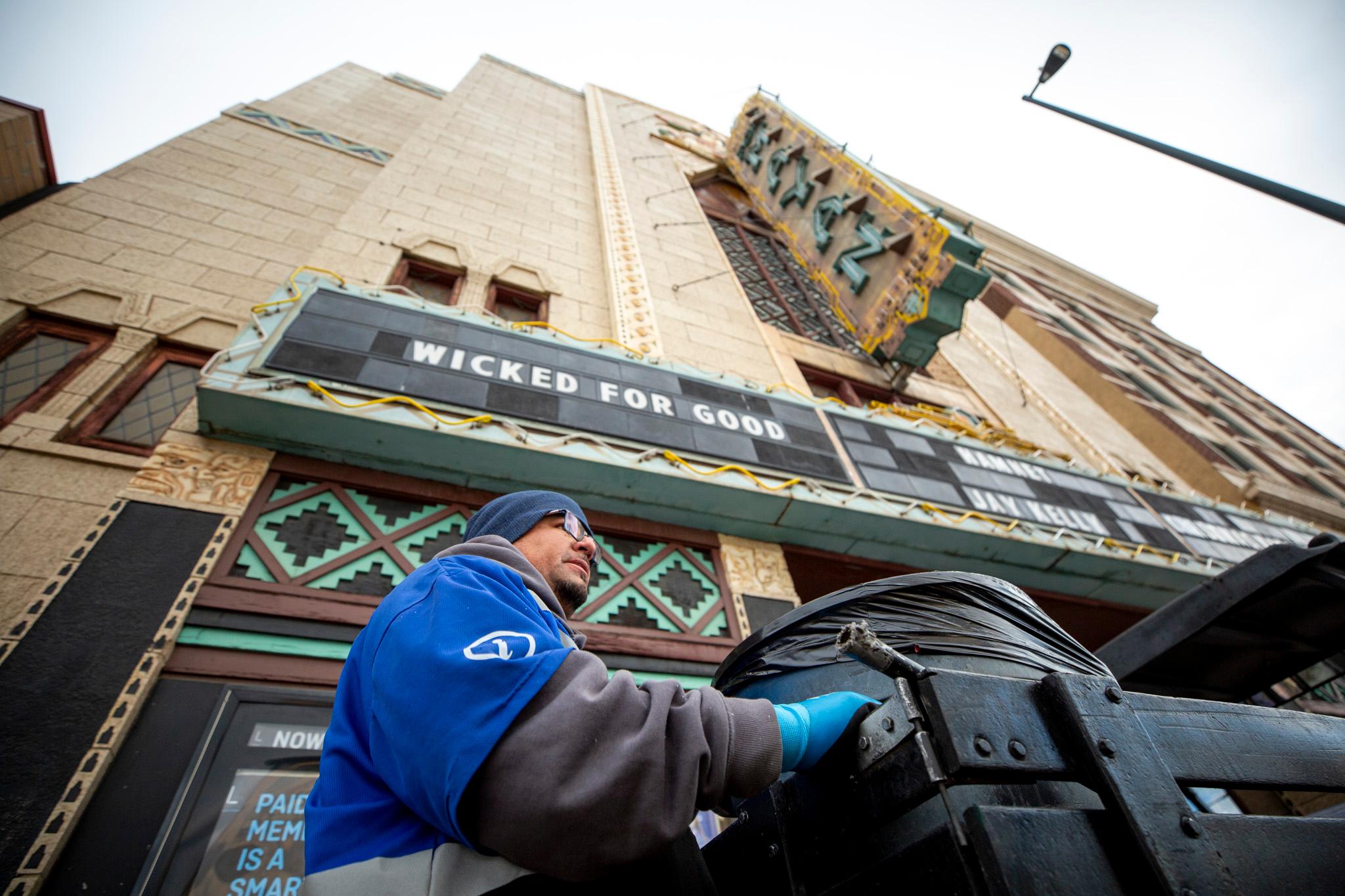
Condo owners in the Denver metro will have to take their nearly nine-year fight involving embezzlement and questions about whether Colorado's Taxpayer Bill of Rights was violated to the Colorado Supreme Court, according to an announcement sent Monday.
The owners claim they were added to an illegally formed special district in Greenwood Village under "suspicious circumstances" in 2007. The district was formed to charge The Landmark residents' property taxes that would essentially help fund the planned development of the nearby European Village community.
In 2008, the Marin Metropolitan District sold $30.5 million in bonds to expand roads, sewage and other infrastructure in the community. Developer Zachary Davidson embezzled "a large portion of the funds" before being indicted by an Arapahoe County grand jury and eventually dying by suicide.
The bonds were set to be paid back through property taxes from those living in the district including the owners of the 271 condo units in the two Landmark towers.
Basically, nobody wants to be on the hook for the embezzled money. The bondholder says the condo owners didn't object until after the money went missing, but the embezzlement shouldn't be the bondholder's problem. The condo owners say they shouldn't have been included in the district in the first place.
"It boils down to people who live in The Landmark were not given proper notice of the district formation, were not able to vote on the tax increase under TABOR and had to pay back money for which they never benefited from them," said John Herbers, president of Landmark Towers Association Inc.
The homeowners association sued the trustee UMB Financial Corp. in 2011 and were granted an injunction to avoid paying property taxes to the district. The Colorado Court of Appeals upheld that decision in April. But now the Kansas City, Missouri, bank is appealing to Colorado's high court.
UMB didn't immediately return an inquiry from Denverite. A court filing sent on the financial institution's behalf states, "There were no challenges to the election, the resolution, the bonds or the taxes pledged to repay the bonds until June 1, 2011, nearly three years after bonds issued."
That's well past the periods to contest the election allowed by Colorado law.
Certain Landmark property owners filed the initial lawsuit to avoid their "obligation to pay property taxes necessary to repay the bonds" and the homeowners association should be dealing with the developers, not bondholders, the filing states.
The Colorado Supreme Court announced Monday that it will decide whether The Landmark Towers Association Inc. had a right to object to the formation of the district and the election results approving the bond.
The case has worried some developers and real estate financiers as well as halted some metropolitan districts from selling bonds. State legislators passed Senate Bill 16-211 during the last legislative session to curb some of those concerns.
The Landmark Towers Association Inc. and UMB helped work on the bill, Herbers said.
"Win or lose, the case will hopefully have the effect of clarifying the law and how to treat all parties fairly whether you're the taxpayer or beneficiary of the bonds," he said. "There needs to be full disclosure and fair treatment for everybody."
Subscribe to Denverite’s newsletter here.
Business & data reporter Adrian D. Garcia can be reached via email at [email protected] or twitter.com/adriandgarcia.












